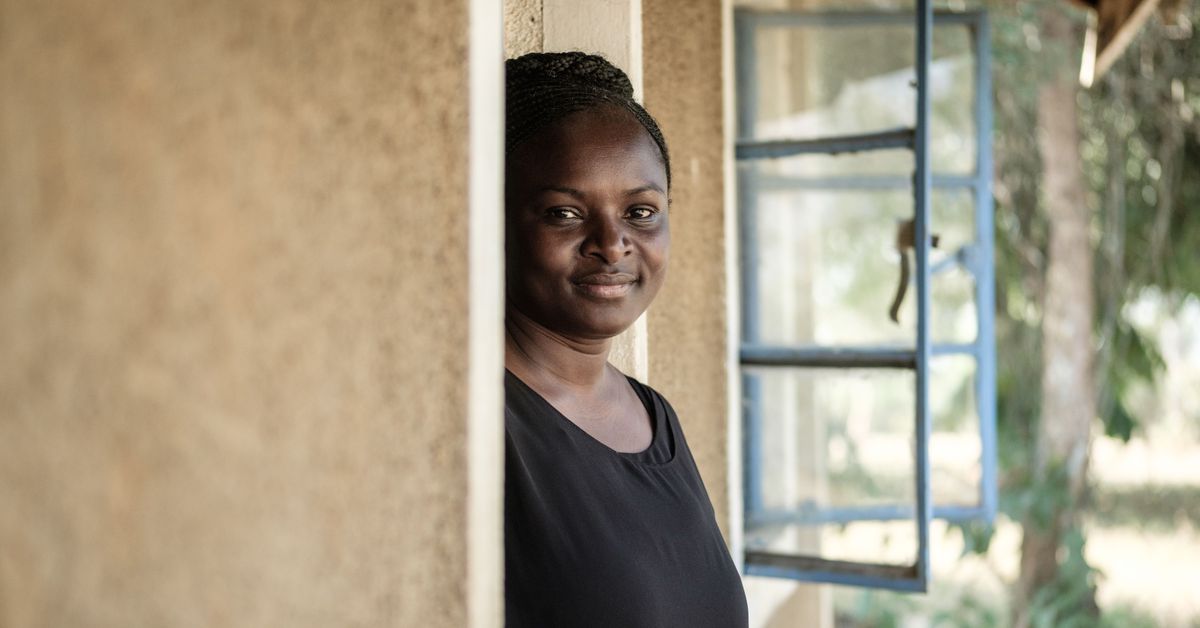How a basic income experiment helped these Kenyans weather the Covid-19 crisis | Vox

Vox covers a recent working paper co-authored by CEGA affiliated professor Paul Niehaus, describing the impact of a universal basic income (UBI) trial in Kenya.
“Several years ago, researchers in Kenya decided to study the effects of a universal basic income (UBI) trial on people’s well-being. Some 6,000 recipients in a 12-year trial beginning around 2017 received 75 cents a day — not much, but enough, their research found, for people to be less food-insecure and more likely to start a business. Others received payments for just two years (that ended in December 2019), and still others received a lump sum payment.
In early 2020, the coronavirus hit. In response, governments like Kenya’s imposed harsh lockdowns that sought to prevent the virus’s spread, but that also had devastating impacts on the economy.
That prompted researchers to ask: How does receiving a UBI (or having received a UBI up until recently) affect how communities are hit by a serious economic setback like this one? The researchers decided to check back in on the households in their UBI trial. This week, Nobel Prize-winning MIT economist Abhijit Banerjee, GiveDirectly’s Michael Faye, University of California San Diego’s Paul Niehaus, and MIT’s Tavneet Suri released a working paper — meaning it has not yet undergone peer review — on what they found. The late Princeton economist Alan Krueger was also a co-author.”
Source: How a basic income experiment helped these Kenyans weather the Covid-19 crisis – Vox

